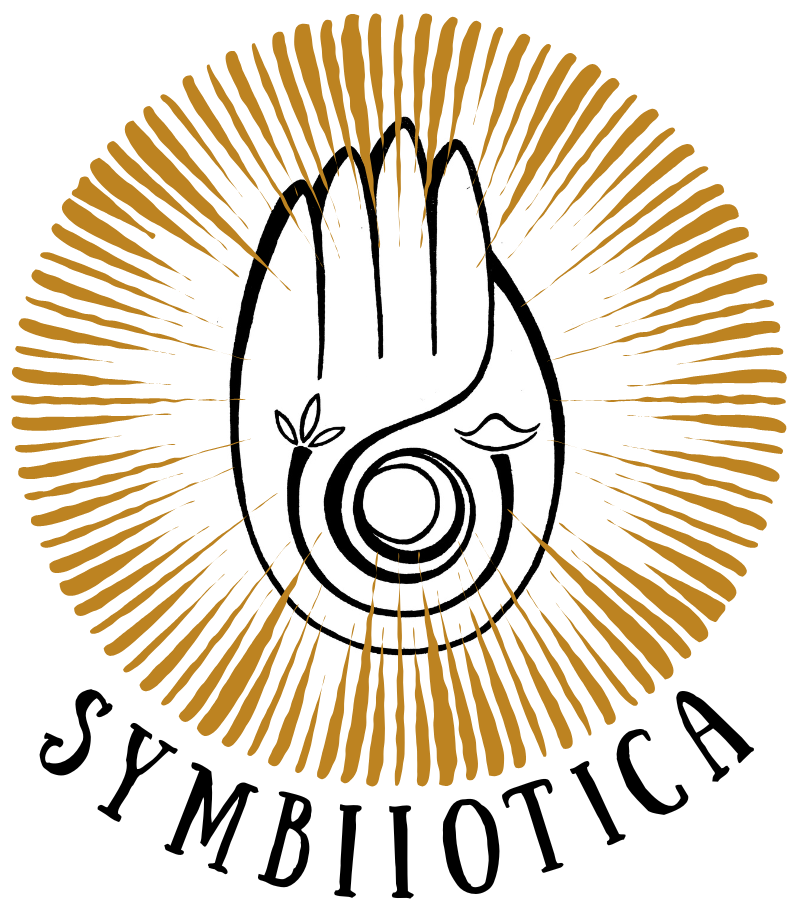God lives in a droplet
Fomitopsis schrenkii oozing brilliant guttation from their pores
God lives in a droplet
of excess metabolic liquid
flowing from pores not too different than our own.
I stop in my tracks and am beckoned to my knees
putting my chest down on the steaming, wet blanket of bryophytes,
I look up and see something that is akin to heaven.
Guttation,
an anscestral outpouring,
reminding me what is holy,
helping me root this exiled word back into its rhizomorphic reality.
I see clearly
the turning and tuning of life;
the metabolism,
the excrement,
the evapotranspiration,
the guttation,
as sacrament to the pantheon of Gods that is Earth.
This multitude of expressions
birthed by the inherent biochemical phenomena of what it means to be alive
does not render a ghost in the machine
but rather binds us in an inextricable courtship,
to prayer,
to holiness,
to a infinite dance of participatory reciprocity
swollen with meaning.
James Lovelock and Lynn Margulis propose in their Gaia hypothesis that living organisms interact with their inorganic surroundings on Earth to form a synergistic and self-regulating, complex system that helps to maintain and perpetuate the conditions for life on the planet.
So I ask,
What would happen if we flipped the story of the anthropocene,
dug a grave for its body,
inoculated it with ectomycorrhizal spores
and stretched ourselves to believe
that just by breathing,
by moving,
by playing,
by dying,
by crying,
by shedding skin,
and belching,
and shitting,
all the unavoidable metabolic byproducts we call waste
was a sacrament,
a nutrient-dense material offering,
modulating and supporting our surrounding ecologies…
Otherwise known as
~feeding the Gods~
It’s more chaotic and complex than this, it always is.
However, I couldn’t help but look at the guttation and see a rain storm on the desert,
glaciers melting,
my own tears.
I couldn’t help but feel that in this little corner of the forest,
quiet and alone,
I was meeting God.

